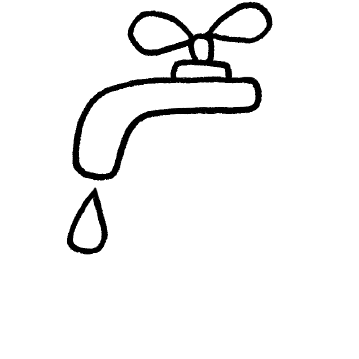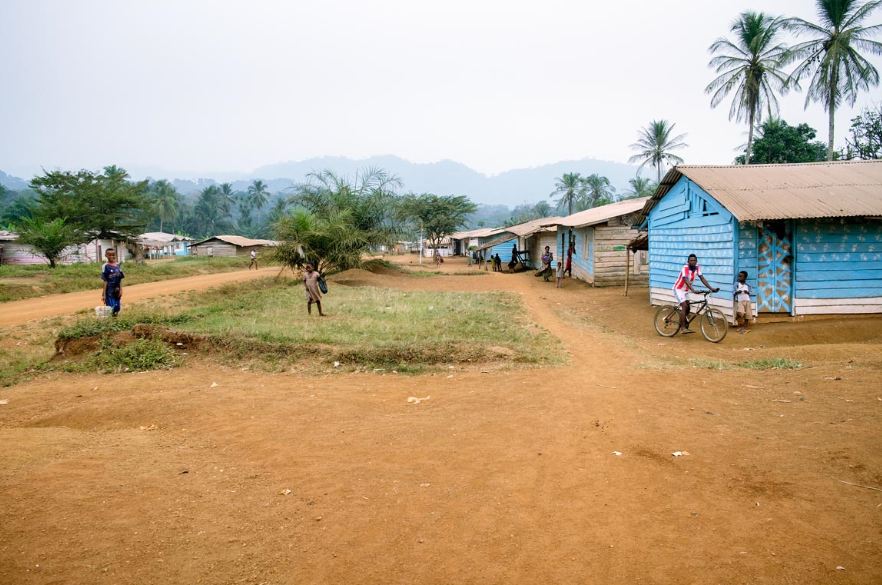Water is not a luxury item
Lobange is a remote village in rural Cameroon; the nearest health centre is 15 kilometres away. Because the villagers are currently drinking the water from the Nariwe river and the small, muddy pools around the village, water-borne diseases such as typhoid, dysentery, and shigella infections regularly occur among the people of Lobange. Two years ago, an outbreak of cholera resulted in more than 17 deaths. A system that provides clean drinking water and adequate sanitary facilities is therefore not a luxury item, but a basic need that can save lives.
Problem. Solution.
After creating a Water Committee, de villagers of Lobange have banded together with our local project parter FAHP to conduct a feasibility study. Using an on-the-ground assessment, they came to the conclusion that a water system is definitely in the cards for Lobange. Only two miles from the village, hidden in the forested hills, is a large natural source of water. Up to today, we have realized a construction of pipes that spans the length between the source and the village, leading into a storage tank and pouring out of ten communal water taps.
Self-sustainable
The water system provides a basic solution to a very fundamental problem. It’s not built on complicated technology, but instead designed to be maintained by the villagers themselves. Yet the work is not done in Lobange. Our local project partners are putting a lot of energy into developing the right institutions, building the capacity of villagers to manage their own water system. With a local water company in the making, maintenance will be as on-the-ground and efficient as possible. The company can afford to maintain the system in the long run by taking a small contribution from villagers every year, creating a self-sustainable system that can last for many years to come.
Made possible by
Wilde Ganzen
Nederlands Albert Schweitzer Fonds
Nacht van de Fooi
Lush Charity Pot
Jambo Stichting







